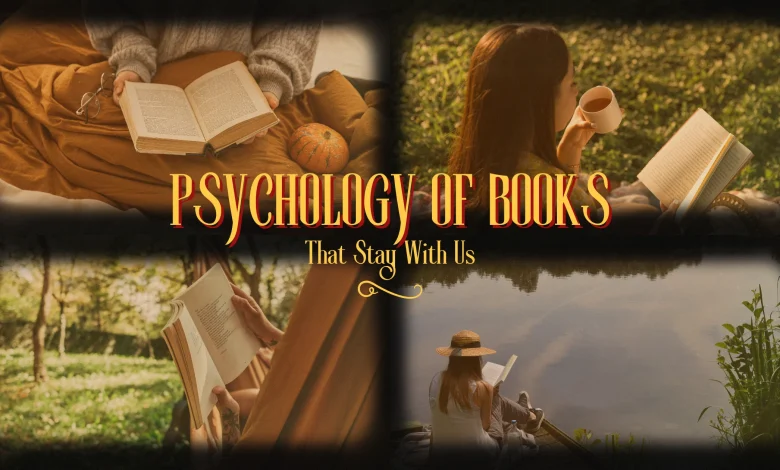
Stories That Linger Beyond the Last Page
Some books pass through the mind like a quick breeze while others settle in and stay. The difference is not only in the plot but also in the way a story strikes at memory and emotion. Books that remain with us often reflect hidden questions or unresolved feelings. They mirror parts of the self that might not yet be understood. When this happens a book takes on the weight of lived experience.
The memory of a story can be shaped by how rare or special the encounter feels. When a person discovers an overlooked novel or forgotten memoir the feeling is different than reading something on every shelf. It creates a sense of intimacy almost as if the book chose to appear at just the right time. That feeling helps it stay lodged in memory long after the last word.
Read Also: 5 Best Pregnancy Books for First-Time Mothers
Why Certain Books Become Landmarks in Memory
Books that last often arrive during turning points. A novel read in a season of grief or a poem discovered at a moment of joy can mark the mind in a way that casual reading never does. It is not only the content but the timing that carves deep grooves into memory. Literature becomes a kind of inner calendar where stories anchor events in life.
Psychologists point to emotional intensity as a strong driver of memory. A book that triggers laughter or tears is more likely to become part of personal history. The narrative voice can also play a role. A voice that feels honest or raw often wins trust and leaves behind a lasting impression. When the writing strikes the right chord the story shifts from words on a page to something almost tangible.
Lessons That Turn Into Lifelong Companions
Certain books travel with people through the years not because they were simple to read but because they carried hard truths or hidden wisdom. These books shape decisions and guide future steps. They influence how people face choices or handle conflicts. They are not only stories but maps that chart out possible routes through life.
This effect becomes clear when considering how stories touch three central aspects of human thought:
- Identity and self discovery
Stories often push readers to confront parts of themselves that were hiding. A character wrestling with doubt or fear might echo a private struggle. That echo can stir reflection and change the way someone views the self. Over time the book becomes a mirror that keeps offering new reflections as the person grows older. Even decades later a single line might come back uninvited shaping how one speaks or acts.
- Moral compass and values
Books that leave an imprint often carry moral weight. They might show the cost of betrayal or the strength of loyalty. They remind people of the gray areas where right and wrong blur. These stories do not hand out lessons neatly but invite readers to wrestle with questions. The effect can last a lifetime with characters or scenes shaping how people think about justice or kindness long after the book is closed.
- Shared culture and collective memory
A book can stay with an individual because it is also staying with a community. Classics are powerful not just for their plots but because they become reference points in culture. To know a line from “To Kill a Mockingbird” or “The Little Prince” is to share in a collective story. These shared books shape conversations and bind generations together. They create a sense of belonging even across time and distance.
These influences often overlap and reinforce one another. The result is that a single book can live in the mind as both a private guide and a public touchstone.
Read Also: 7 Inspirational Books That Can Change How You Live Life
The Lasting Echo of Words
Books that stay are not always the most popular or the most acclaimed. Sometimes they are quiet stories with modest covers. Their power lies in how they slip beneath the surface. They lodge themselves in memory by shaping identity by whispering moral questions and by weaving into cultural conversation.
The echo of such books can surprise at unexpected times. A phrase may rise while walking down a street or a scene may return in the middle of a decision. These echoes remind us that books are not only read they are lived. And when a story finds the right heart it does not let go.




